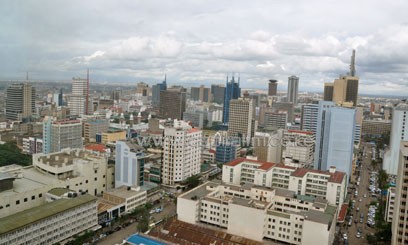
The country overall score stood at 3.9 in 2012 which was the highest among 40 states, and reflects an improvement over a score of 3.8 in 2011/FILE
The country overall score stood at 3.9 in 2012 which was the highest among 40 states, and reflects an improvement over a score of 3.8 in 2011.
Kenya ties at the top with Cape Verde in Sub-Saharan Africa, on the latest World Bank Country Policy and Institutional Assessment (CPIA), which rates the performance of poor countries.
In East African, Rwanda and Tanzania are also ranked highly, with CPIA scores of 3.8, while Uganda scored 3.7.
“The CPIA shows that Kenya’s overall economic environment has improved over the past three years due to better economic management and proactive policies that increase opportunities for Kenyans to enjoy higher growth with equity,” says Diarietou Gaye, World Bank Country Director for Kenya.
The challenge for Kenya now, she said, is to improve on other critical areas like the business regulatory environment and governance, which have led to missed opportunities for Kenya’s economic transformation and its progress towards middle income status.
The CPIA examines 16 key development indicators covering four areas of economic management, structural reforms, policies for social inclusion and equity and public sector management and institutions.
Countries are rated on a scale of 1 (low) to 6 (high) for each indicator.
The key gains for Kenya included strong monetary response in 2012, which enabled it to reduce inflation to 9.6 percent, from 14 percent in 2011, and a stable exchange rate.
Moreover, the government has maintained fiscal discipline even in the face of recent economic shocks and budgetary pressures including spending on elections and security operations in Somalia. As a result, public debt as a share of Gross Domestic Product has declined to below 45 percent.
But, there is increasing concern about investment climate reforms, which are essential for private-sector led growth and job creation.
Since 2008, Kenya has gradually declined from a top performer in the doing business indicators, dropping from a global rank of 78 then to 121 in the 2013 rankings.
The general outlook for all countries in Sub-Saharan Africa shows an overall stable environment for growth and poverty reduction despite divergence in key policy indicators across countries.
Since 1980, CPIA ratings have been used to determine countries’ allocation of zero-interest financing under the International Development Association, the World Bank Group’s fund for the world’s poorest countries.


































